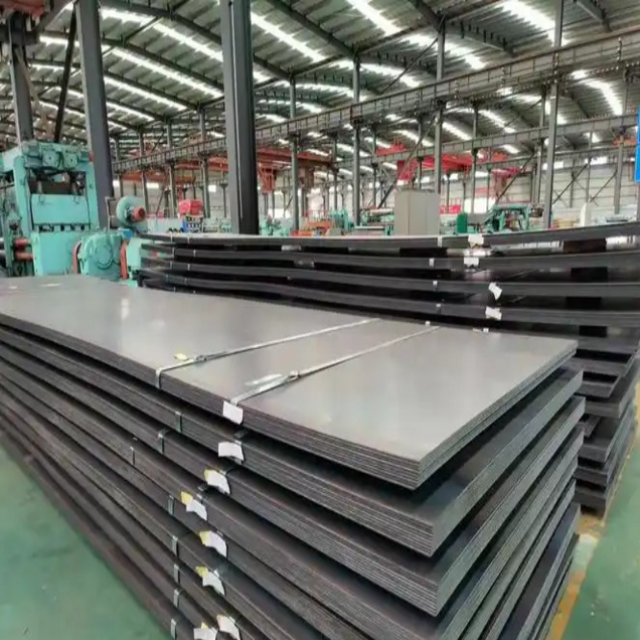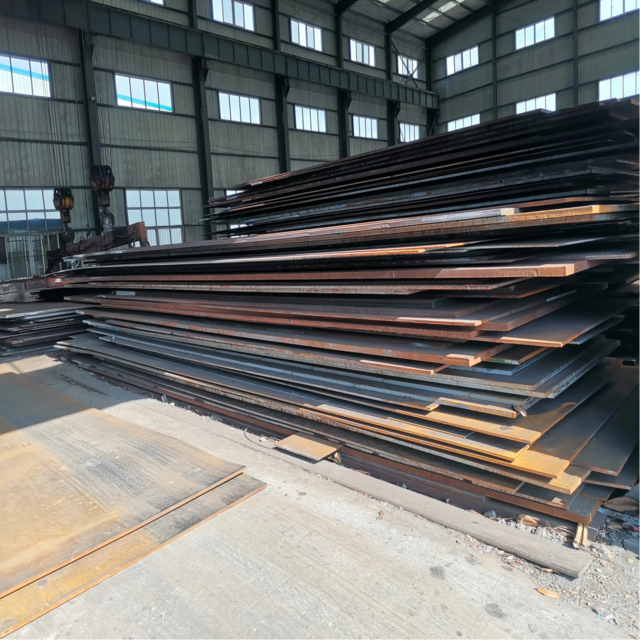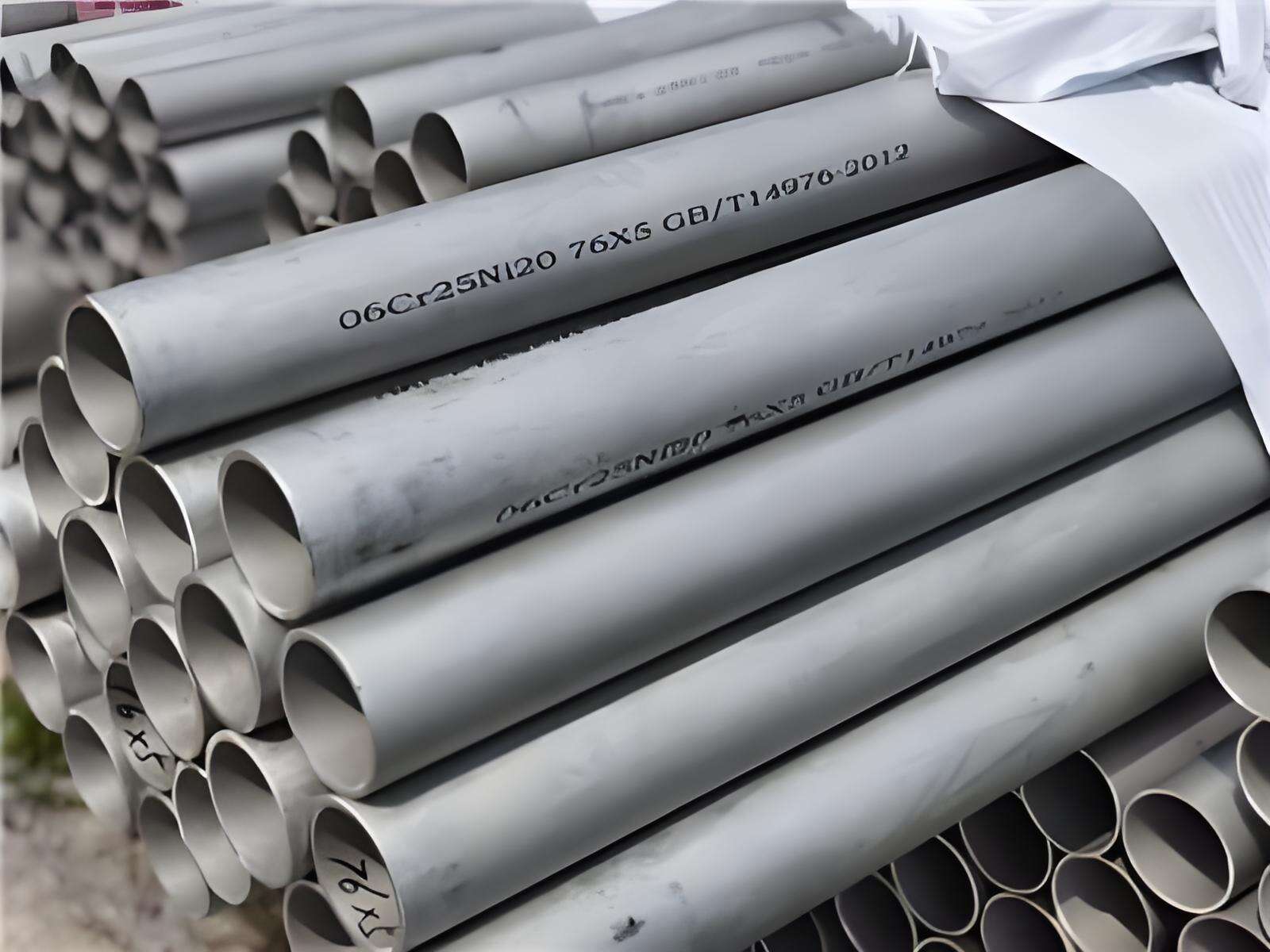hot rolled carbon steel coil
Hot rolled carbon steel coil represents a fundamental product in the steel manufacturing industry, produced through a high-temperature rolling process that typically occurs above the recrystallization temperature of steel. This manufacturing method involves heating steel slabs to temperatures around 1,700°F (926°C), then processing them through a series of rollers to achieve the desired thickness. The resulting material exhibits excellent formability, strength, and cost-effectiveness, making it a preferred choice across various industrial applications. The process creates a steel coil with a distinctive blue-gray finish and slightly rounded edges, characteristic of hot rolled products. These coils are particularly valued for their dimensional accuracy, consistent mechanical properties, and superior weldability. The material's versatility allows it to be used in construction, automotive manufacturing, industrial equipment, and infrastructure projects. The hot rolling process also imparts beneficial properties such as improved grain structure and reduced internal stresses, contributing to enhanced structural integrity and performance reliability.


